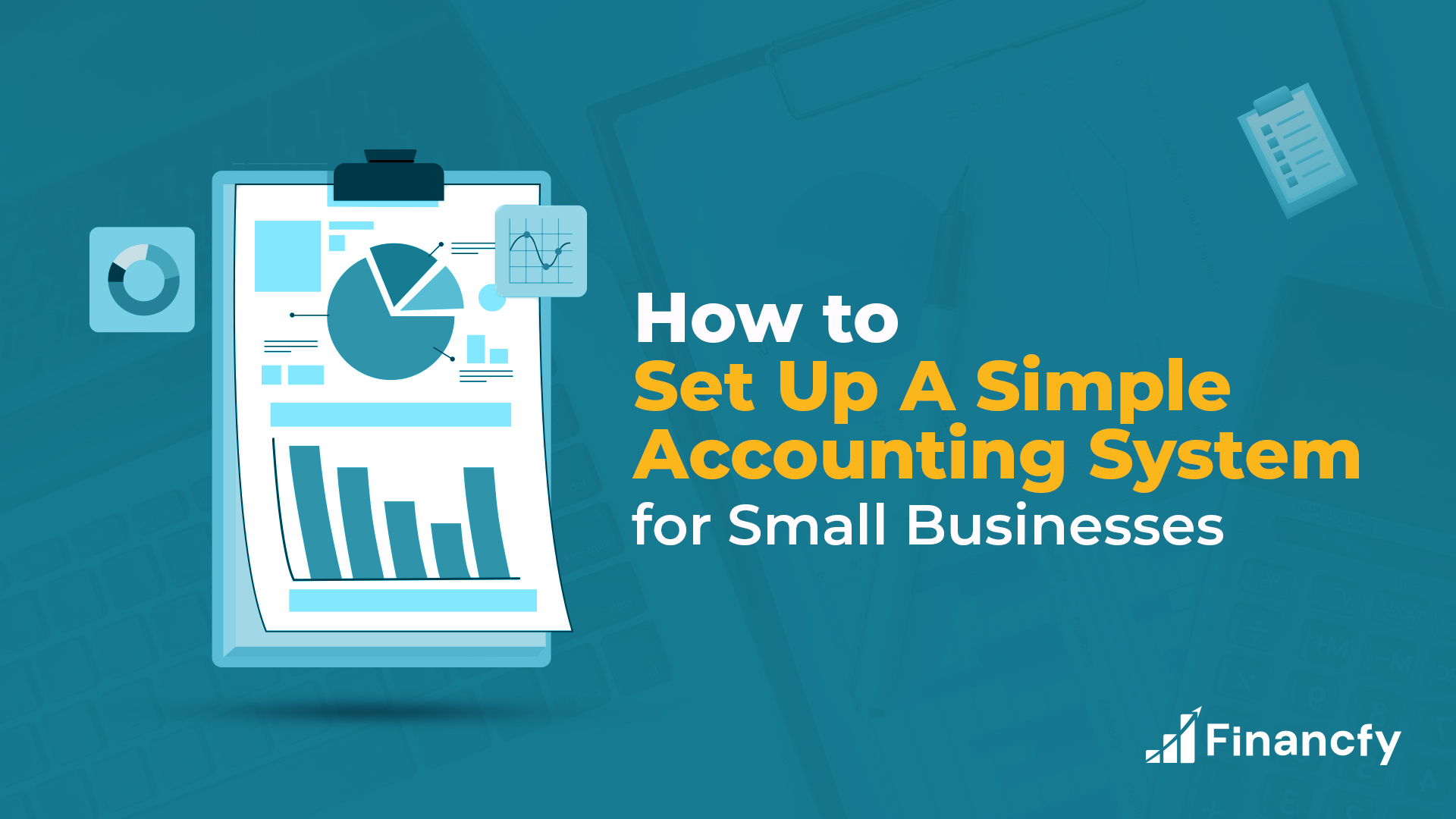Choosing the right accounting software for your small business can feel overwhelming. With so many options out there, how do you know which one fits your needs perfectly?
The right software can save you time, reduce stress, and help your business grow. But picking the wrong one might cost you more than just money—it could slow you down and cause headaches. You’ll discover simple steps to find the best accounting software that matches your business size, budget, and goals.
Keep reading to make a smart choice that sets your business up for success.
Identify Business Needs
Start by listing all financial tasks your business handles daily. These may include invoicing, payroll, expense tracking, and tax management. Choose software that can handle these tasks easily and accurately. Some industries need special features. For example, retail businesses may need inventory management, while service companies might want time tracking. Understand what your industry requires to avoid missing important functions.
Think about who will use the software. Check if it is easy to learn for your team. Software with simple interfaces helps reduce errors and saves time. Training should be quick so your staff can start working fast. Consider your team’s tech skills before making a choice.
Explore Software Types
Cloud-based solutions store your data online. They let you access your accounts from any device. Updates happen automatically, so you always use the latest version. These solutions often cost less upfront and offer easy collaboration with your team.
Desktop applications install on your computer. They work well without internet but need manual updates. These apps may feel faster and more secure because data stays on your device. One-time payment is common for desktop software.
Mobile compatibility means you can manage accounts on your phone or tablet. This helps track expenses and invoices on the go. Many cloud-based tools have mobile apps, but some desktop apps also offer mobile versions.
Key Features To Look For
Invoicing and billing tools help create and send bills fast. They keep track of payments and send reminders. This feature saves time and stops late payments.
Expense tracking records all business costs. It helps see where money goes. Good software can link to bank accounts and credit cards.
Payroll management makes paying employees easy and correct. It calculates wages, taxes, and deductions automatically. This reduces errors and saves effort.
Tax preparation tools organize financial data for taxes. They help fill out forms and find deductions. This feature makes tax time less stressful.
Compare Pricing Models
Subscription plans charge a monthly or yearly fee. They usually include updates and support. This helps keep software current without extra cost. Small businesses can pick plans based on features and budget. Plans can vary from basic to advanced.
One-time purchase means paying once for permanent use. No ongoing fees. Updates might cost extra. This option suits those who want to avoid monthly bills. But it may lack new features over time.
Hidden costs can appear in any pricing model. Watch for fees like setup charges, extra user licenses, or add-ons. These can increase total expenses unexpectedly. Always read terms carefully before buying.
Check Integration Options
Check if the software supports bank feeds. This helps to import transactions automatically, saving time and reducing errors.
Look for payment gateway integration. It allows easy payment processing and tracking in one place.
Make sure the software works with your other business tools, like inventory, CRM, or payroll systems. This keeps everything connected and simplifies your workflow.
Evaluate User Experience
Ease of use is key for small business accounting software. Simple menus and clear buttons help users work fast without confusion. A good program should let you do tasks with few clicks. Complex software may slow down your work and cause mistakes.
Customer support matters a lot. Quick and helpful answers save time and stress. Support can be through phone, chat, or email. Choose software with easy access to real people who understand your questions.
Training resources help users learn the software well. Look for videos, guides, and tutorials that explain features step-by-step. These tools make it easier to start and keep using the software confidently.
Consider Security Measures
Data encryption keeps your business information safe. It changes data into a secret code. Only authorized users can read it. This stops hackers from stealing your data.
Backup options are a must. They save copies of your data. If your system breaks, you can restore your files quickly. Choose software that offers automatic backups.
Access controls limit who can see or change your data. Set passwords and user roles. This stops people from using your data without permission. Good software lets you control access easily.

Credit: financfy.com
Test Software Before Buying
Free trials let you try software without paying. This helps you see if it fits your business needs. You can explore features and check how easy it is to use.
Demo versions often show a guided tour of the software. They help you understand key functions quickly. Some demos limit what you can do, but they still give a good idea.
User reviews share real experiences from other buyers. They tell you about strengths and problems you might face. Reading many reviews helps you make a smart choice.
| Testing Method | What You Get | Why It Helps |
|---|---|---|
| Free Trials | Full software access for a limited time | Try all features before buying |
| Demo Versions | Guided tour or limited use | See how software works |
| User Reviews | Feedback from real users | Learn about pros and cons |
Make The Final Decision
Weigh the pros and cons of each software option carefully. Some programs offer easy-to-use features but may lack advanced tools. Others might be powerful but hard to learn. Think about what matters most to your business.
Align with your budget. Choose software that fits your financial limits. Avoid spending too much on extra features you may never use. Also, check for hidden costs like support or upgrades.
Plan for future growth. Pick software that can grow with your business. It should handle more users or transactions as you expand. This saves time and money later on.

Credit: www.score.org

Credit: quickbooks.intuit.com
Frequently Asked Questions
What Features Should Small Business Accounting Software Include?
Small business accounting software should include invoicing, expense tracking, payroll, tax management, and financial reporting. These features help streamline financial tasks, improve accuracy, and save time. Choose software that integrates well with your business processes and scales with your growth.
How To Choose Affordable Accounting Software For Startups?
Look for software with essential features at a reasonable price. Consider cloud-based options with flexible subscription plans. Free trials and customer reviews help assess usability and value. Prioritize software that reduces manual work and fits your budget without compromising quality.
Can Cloud-based Accounting Software Benefit Small Businesses?
Yes, cloud-based software offers accessibility from anywhere, automatic updates, and data security. It allows collaboration between team members and accountants in real time. Cloud solutions reduce IT costs and provide scalable options, making them ideal for small businesses.
How Important Is Customer Support In Accounting Software?
Customer support is crucial for resolving technical issues quickly. Reliable support ensures minimal disruption to your accounting processes. Choose software with multiple support channels like chat, phone, and email. Good support enhances user experience and software adoption.
Conclusion
Choosing the right accounting software helps small businesses manage money well. Consider your budget, business size, and needed features. Easy-to-use software saves time and reduces errors. Support and security matter a lot. Take your time to compare options carefully. This ensures you pick the best fit for your business.
A good choice makes accounting simpler and helps your business grow steadily. Keep these points in mind for smarter decisions.
